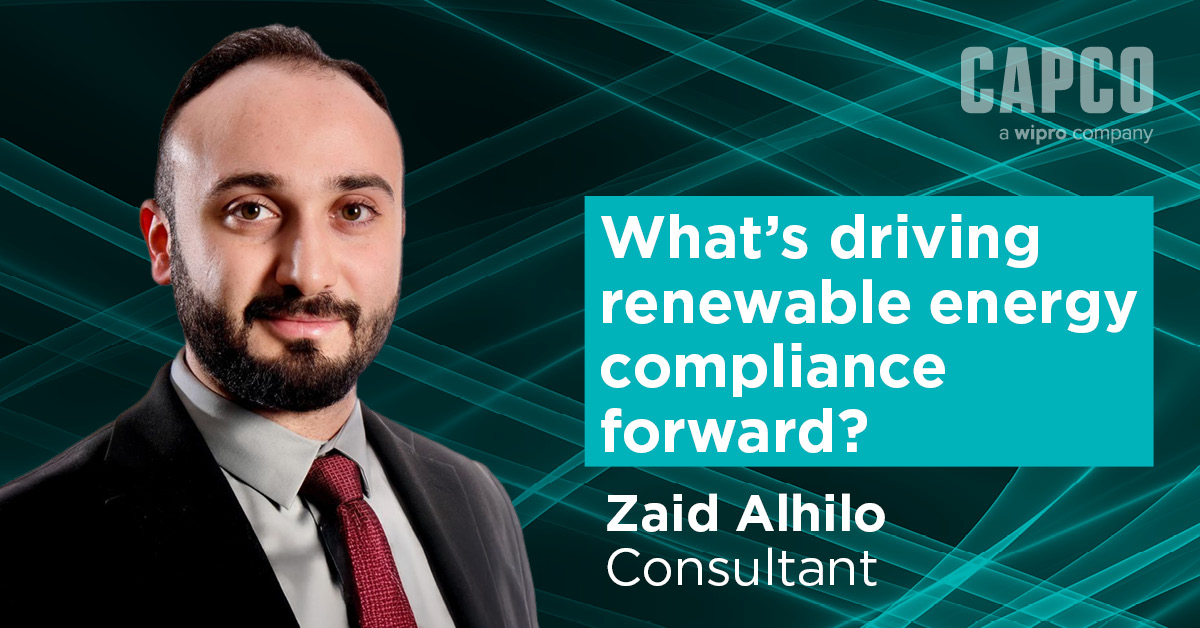This essay is based on the article entitled, “How to Give Great Gifts: What Science Teaches Us” by Jeff Galak and Julian Givi in the Wall Street Journal on 5/27/23.
All businesses have one thing in common: they run on relationships and those relationships need work. They usually don’t develop into trusting, symbiotic ones without effort. One way to help boost our business relationships is through gift- giving.
First, it is important to remember that gift-giving is a double-edge sword: When a customer receives a truly thoughtful gift, they immediately feel that the giver cares about them, and the relationship can flourish. When someone receives a thoughtless gift, they get the clear impression that the giver didn’t spend the time to think about them and the relationship will suffer.
What, then, makes a good gift?
Two social scientists[1] spent over a decade systematically exploring the psychology of gift-giving and discovered the three keys to why some gifts are better than others[2].
If we understand and implement these three keys, our gift recipients will be happier, we will have less stress, lower expenses and our business relationships will grow.
- Give gifts for no particular reason!
83% of all gifts received are on a special occasion such as a birthday or holiday.
But people have higher expectations on special occasions, and they may be impossible to live up to – or simply unaffordable.
When the recipient has no expectations about receiving a gift, just about anything will be considered exceptional.
The scientists conducted numerous studies that showed a $5 Amazon Gift Card delivered for no reason created the same good feelings for the recipients as a $50 Amazon Gift Card that was sent on their birthdays.
“In other words, for one-tenth the cost, a gift giver was able to make a gift recipient just as happy, all because they gave the gift on a non-occasion.”
- Give sentimentally valuable gifts!
Givers often undervalue gifts that emphasize sentimental value, but those are the ones that recipients generally cherish most.”
Gift giving is risky. We try to identify gifts that recipients may want – but often we get it wrong. However, it is important to know that there is a class of gifts that might appear risky but are almost universally well received: gifts that emphasize sentimental value. Most of the time sentimentally valuable gifts will not show up on any given year’s “best gift” list. And yet, the research shows, these are the gifts that recipients cherish most.
In one study of about 400 Americans, the sentimentally-valuable gifts, despite being lower quality and smaller, were the one that brought the most joy. Gift givers often make a big mistake here because they avoid the risk of giving a sentimentally valuable gift. But giving these kinds of gifts not only makes the recipients happier, it’s also often easier on the giver’s wallet.
- It is truly “the thought that counts”!
Most gift-givers are overly concerned about the value of their gifts and how they compare to what others are giving. They imagine that the recipients care about this, and they are worried that their gifts may not be “up to snuff.”
In another study of nearly 600 individuals, they discovered, using a variety of gift-giving scenarios and a variety of gift types, was that recipients just don’t care about the value of the gift! Surprisingly, they liked all the gifts about the same! The givers were overly sensitive to the value comparisons, but the recipients just appreciated the sentiment.
It really was the thought that counted.
“So, when giving gifts, what matters isn’t if your gift is better or worse than someone else’s. What matters is that you give something at all.” Gift givers should simply focus on being thoughtful.
The science of psychology can help us with our gift-giving, and we build our business (and personal) relationships with a lot less stress.
- Give gifts randomly and for no particular reason.
- Spend less and give gifts that are sentimentally valuable.
- Avoid the trap of value comparisons and just give a thoughtful, if not superior, gift.
Over the years, our company, LED PLUS has enabled retail energy suppliers to give more than 600,000 of their customers thoughtful, appropriate and inexpensive gifts that reward their loyalty.
About the author:
Jack Doueck is the founder and principal of Energy Marketing Conferences, LED PLUS, and several other energy-related companies. He can be reached at [email protected].
[1] Society for Consumer Psychology – Julian Givi and Jeff Galak, https://myscp.onlinelibrary.wiley.com/doi/10.1002/jcpy.1239
[2] https://www.wsj.com/articles/how-to-gift-science-3f893742











